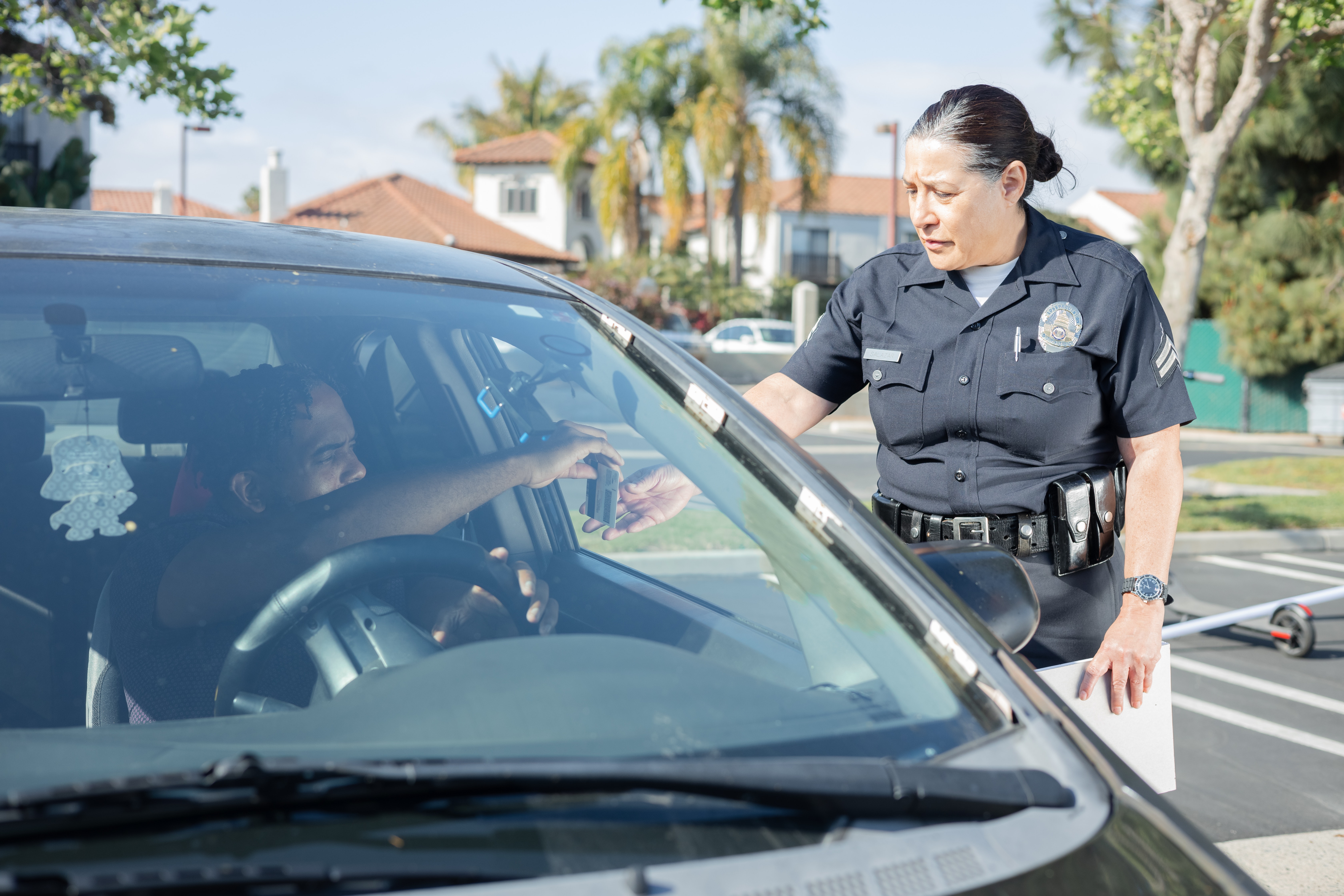Unfortunately, the cost of a speeding penalty may go beyond the amount written on the ticket.

If you just got a speeding ticket, you might be wondering if your auto insurance company will be covering the cost again. Unfortunately, the cost of a speeding penalty may go beyond the amount written on the ticket. Several factors, including the type of ticket, the severity of the violation, whether you've recently received another ticket, where you are when you're fined, and others, determine whether your vehicle insurance rate increases after receiving a speeding citation—or any other penalty.
Your rate will most certainly be impacted by a ticket, although not always and not necessarily in the same way. For instance, unless you don't pay your parking fines and your license is suspended, non-moving infractions like those don't normally influence your vehicle insurance cost. Or, if it's your first time getting a ticket for speeding and you were only a few miles over the speed limit, it's possible that your insurance rate won't change at all. If you receive one or more moving infractions, your insurer may view you as a higher-risk customer. Moving offenses are regarded as a part of your driving record. You appear riskier the more moving offenses or citations you have. If you have any speeding fines on your driving record, your premiums may go up dramatically. A speeding ticket for exceeding the speed limit by between 11 and 15 miles per hour can often result in a 20% premium increase.
Depending on the offense, the state, the carrier, and your driving and insurance histories, your vehicle insurance company may approach driving infractions differently. What kind of offense did you commit, and where do you reside? State rules differ significantly in how they treat specific offenses, such as being ticketed for texting while driving, failing to wear a seatbelt, or receiving a red-light camera citation, as well as whether insurance companies are permitted to include them in your premium. The points you obtain for moving infractions, such as a small speeding citation, typically disappear from your motor vehicle report (MVR), often known as your driving record, after two to three years. When determining your insurance rate, insurance companies often consider events that have place during the previous three to five years. Increases often appear during renewal cycles. For further information on how your carrier evaluates certain traffic infractions, consult the declarations page of your policy or give them a call. If it was your first infraction and you are older than 25, you might not see a rate rise. Your insurance premiums might not increase if you haven't committed a comparable moving infraction in the previous three years. Your premiums will rise in direct proportion to the number of speeding fines you receive during a three- to five-year period; you may even lose your standard coverage entirely or struggle to find coverage in the future.